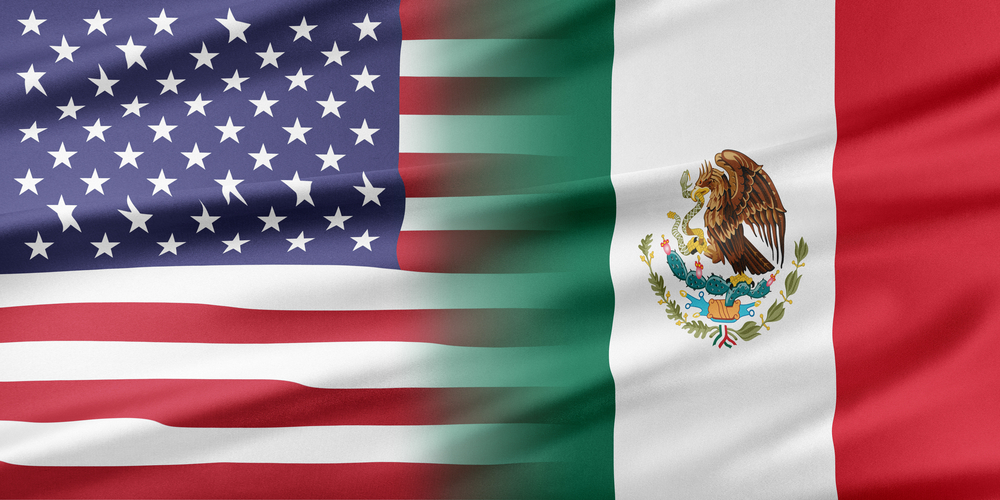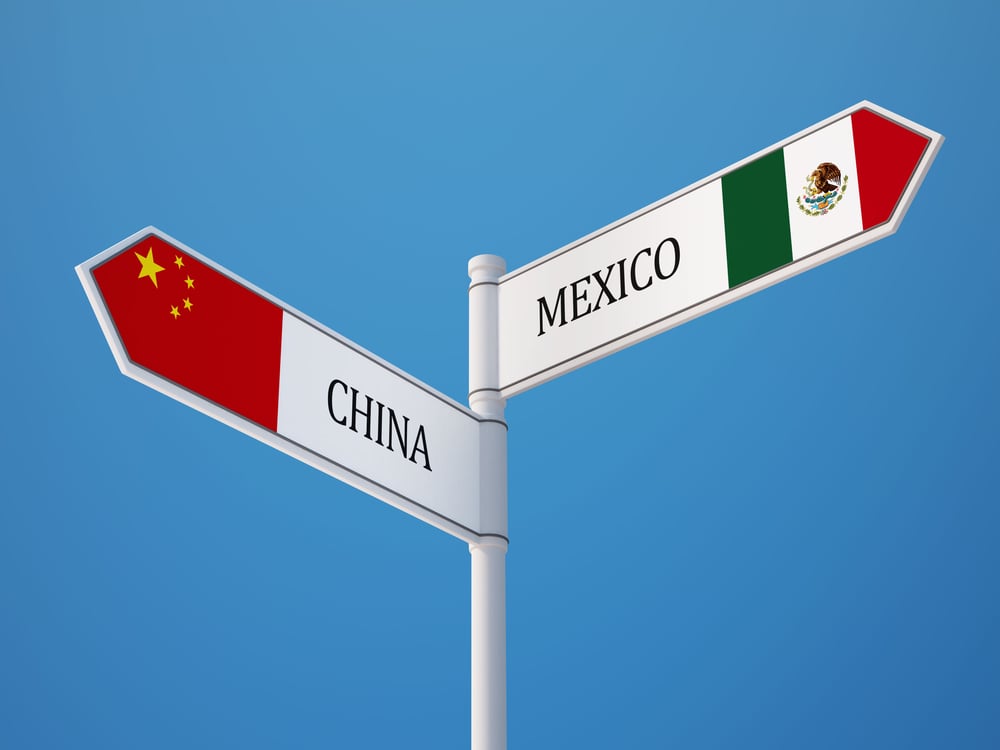The U.S.-China trade war caused major disruptions in the global marketplace, strained relationships between the two countries, and led to a lot of changes in the manufacturing industry. Some of the issues behind the feud include intellectual property theft and human rights violations that have forced many globally-renowned companies to start relocating away from the region.
A report by the business research firm Gartner revealed that last year one-third of all supply chain and manufacturing leaders indicated that they are making plans to exit China before 2023. The coronavirus sales dump, disruptions in the supply chain, and inflated production costs have contributed to the mass exodus from the country.
As the global manufacturing landscape undergoes significant shifts, Mexico has emerged as a key manufacturing hub, attracting businesses seeking strategic advantages and cost efficiencies. With its proximity to major markets in North America and favorable trade agreements like the USMCA, Mexico offers unparalleled access to a vast consumer base.
Moreover, Mexico boasts a skilled and cost-effective labor force, making it an attractive destination for companies looking to optimize their production processes. Its industrial clusters and infrastructure development further enhance its appeal as a manufacturing hub, providing companies with the necessary resources and support to thrive in today's competitive market.
What A Manufacturing Company Looks For When Relocating
Business owners are continually searching for ways of keeping their companies profitable, clients satisfied, and employees comfortable. Making a move to another country is always a possibility, but it is a decision that first needs to take into consideration a long list of factors including:
Financial Incentives
Relocating a manufacturing company to another country or state has to make financial sense for it to be feasible. As more countries continue to compete in attracting new businesses to their rural areas, cities, and suburbs, they often offer liberal tax breaks and other financial incentives to assist companies with their move.
Some of these financial incentives may be in the form of performance rebates for creating new jobs, grants, assistance with infrastructure costs, or financial credit for efforts that support the country's economic growth.
Manufacturing companies will also tend to favor countries that do not collect local, property, or inventory taxes. The absence of taxes on items such as manufacturing equipment, finished products, and industrial materials can play a significant role in a company's decision to relocate.
Infrastructure Needs
A country’s existing infrastructure plays a critical role in a manufacturing company’s decision to relocate. For instance, a business that manufactures products meant for distribution will require an accessible interstate system, available transport, shipping ports, and railway networks so that finished goods can reach their intended markets in a timely fashion.
The presence of office space, retail outlets, and warehousing solutions are other considerations a company may evaluate as part of a relocation decision. Large manufacturing businesses and/or distribution warehouses wanting to build new facilities tend to be more interested in raw land and commercial parcels.
Workforce
Even though a percentage of existing employees will move with a company, a new location should have an already existing local workforce so that the business can sustain itself and grow. Countries that provide training programs in specific areas of manufacturing can offer a company qualified personnel on an ongoing basis.
Research facilities may also serve as an extra incentive to companies looking to relocate that need research and development services for their new products. Some business owners may look to relocate to a country where former industries left, leaving behind an eager workforce seeking new opportunities.
Businesses Need Stability And Will Relocate To Find It
Having your products manufactured in an unstable country or region can be risky. This is one of the reasons why we have seen manufacturing leaving China over the last few years. By making exit plans, owners can protect the future of their businesses and employees. It is also important to note that due to the current situation in Asia-Pacific, Mexico has become a viable relocation option for a considerable number of manufacturing companies, especially when you factor in the low cost of labor and the access to nearby markets.
Subscribe
Sign up and stay informed with tips, updates, and best practices for manufacturing in Mexico.





